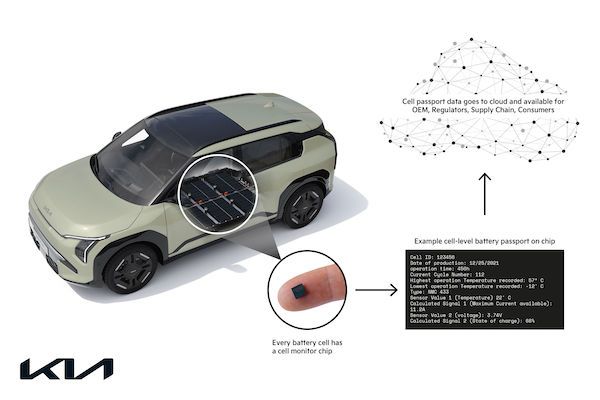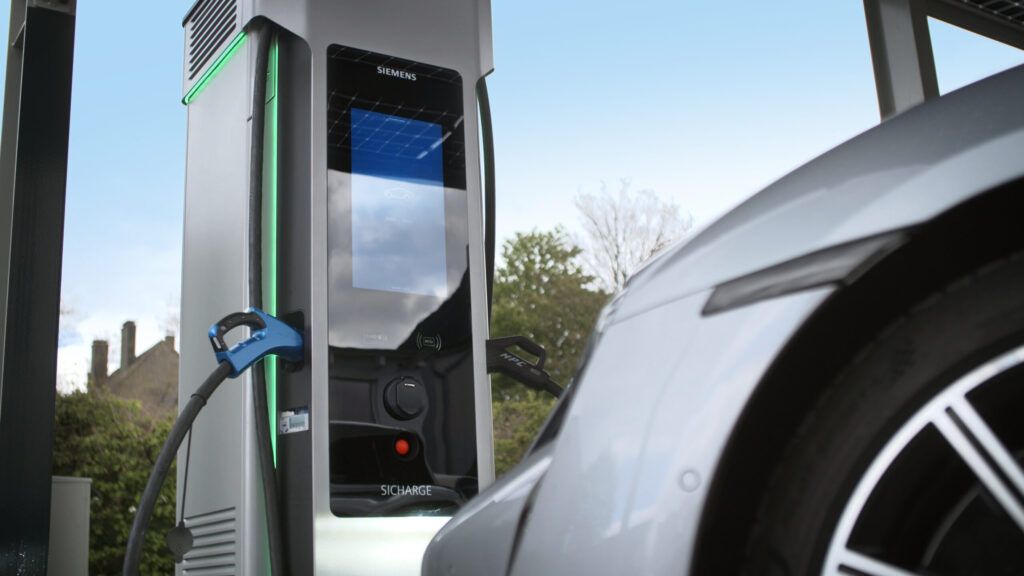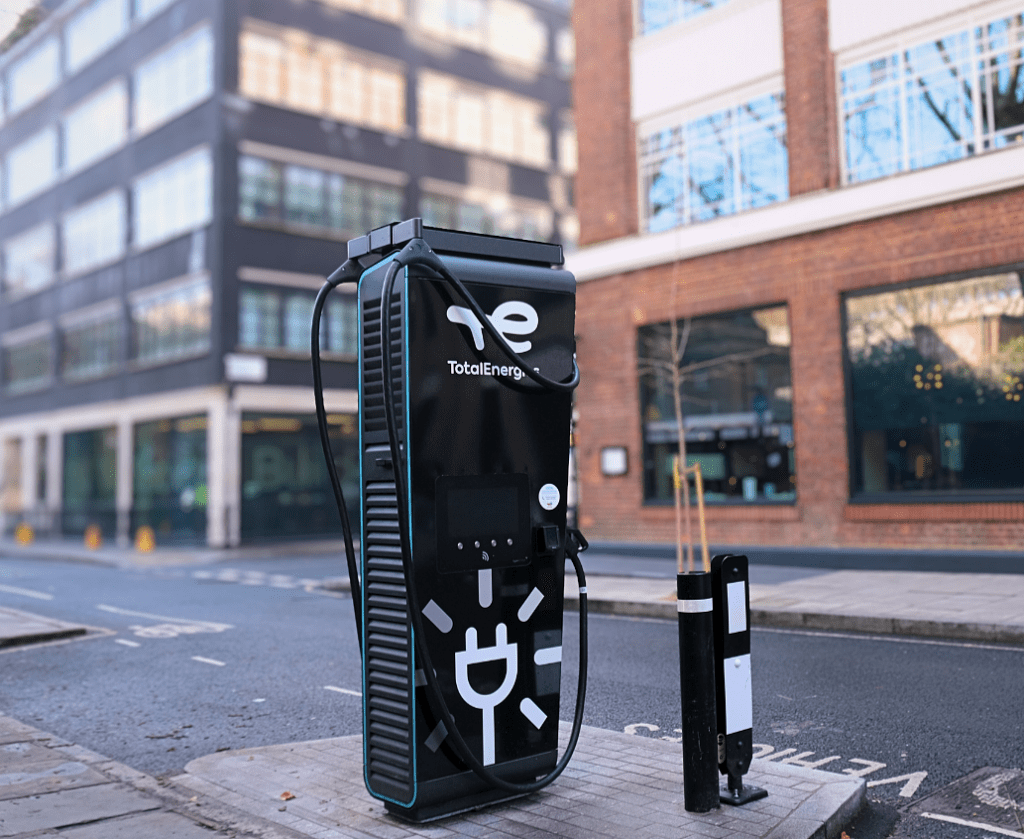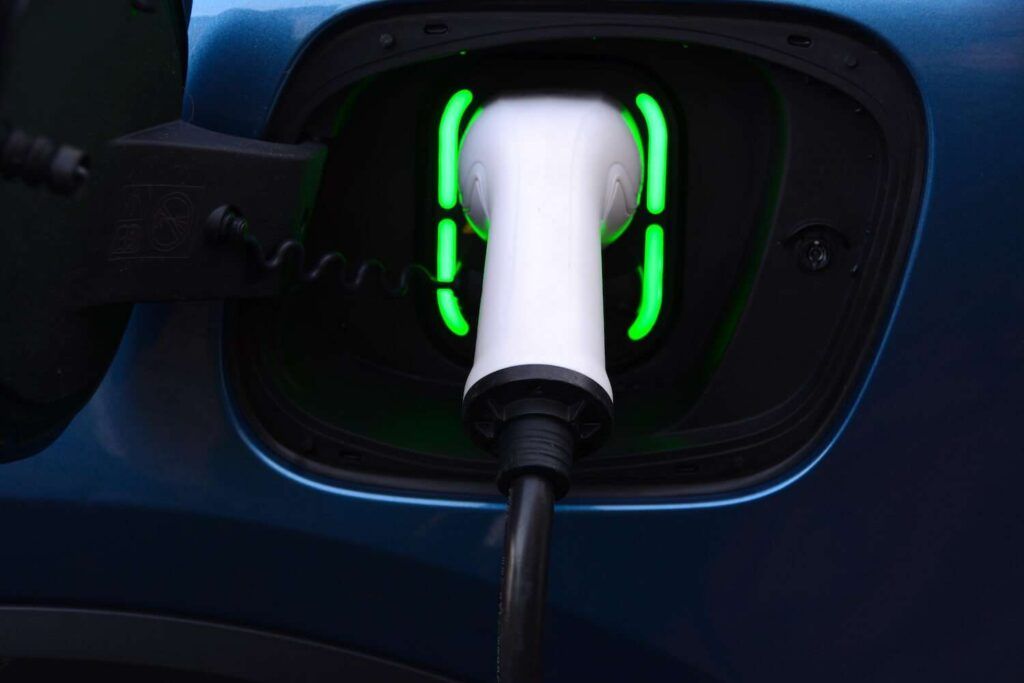Kia Europe is conducting one of the first public trials of a battery passport at a cellular level as a preliminary research.
The move aims to ensure transparency of EV battery health by providing live detailed data for each battery cell. A battery passport enables live State of Health (SoH) tracking, real-time repair diagnostics, and end-to-end traceability across the battery’s lifecycle.
For EV drivers, this leads to benefits such as extended battery life, more affordable maintenance, and a higher level of trust when buying or selling used EVs.
Separate from this preliminary research, Kia has established a dedicated internal organisation, bringing together experts from across the company, to develop its own battery passport service in collaboration with partners across the EV battery value chain and related networks.
The Kia battery passport will go beyond regulatory requirements by including additional safety-related data, ensuring an exemplary standard that sets a benchmark for the industry. Kia plans to provide this service for all EV/HEV models sold in Europe by February 2027, as required by the EU battery regulation.
For the trial, a Kia EV3 equipped with a Dukosi battery cell monitoring system was shipped from Korea to Europe, arriving in Germany in February.
The trial vehicle is capable of monitoring and transmitting live data for each cell of the battery pack and uploading it to its digital battery passport.
Once the data is uploaded, users, mechanics, and regulators, among others, can access real-time information on the battery’s SoH through the car’s infotainment system.
To ensure accuracy and traceability throughout the battery’s lifecycle, the system automatically updates after any repair work. To access the battery passport data collected during the trial, a data-sharing pilot environment, developed by TNO, was utilised.
Delft University of Technology, together with Hyundai Motor Group, coordinated the collaborative passport trial. The system could also be configured for other applications, such as a different car model, interoperability with a different brand, or even application in a different sector.
Marc Hedrich, President and CEO at Kia Europe, said:
“Kia aims to set a new standard for customers regarding battery transparency and performance.
“Through testing cell-level battery passports, we gain insights on what ownership benefits we can offer our customers. On top of advantages such as extended battery life, we will be building on a relationship of trust as well.”
Image courtesy of Kia












